Ways to Maintain Your Kitchen Knife So It Lasts Ages
To maintain your kitchen knife and extend its lifespan, regular cleaning and proper storage are essential. By following these practices, your knife will stay sharp and rust-free for a long time.
Trying to maintain the quality of your kitchen knives so they last for ages? It’s important to give them the care they deserve. By following a few simple practices, you can ensure that your knives stay sharp, precise, and rust-free, making your cooking experience smoother and safer.
We will explore some effective ways to maintain your kitchen knife and extend its lifespan. Whether you are a professional chef or a home cook, these tips will help you keep your knives in top condition for years to come. Ready to learn how to care for your kitchen knife? Let’s dive in.
Essential Kitchen Knife Maintenance Tips
Regular cleaning and drying is essential for maintaining the longevity of your kitchen knife. After each use, make sure to remove any food particles or residue with a damp cloth or sponge. Avoid using harsh detergents as they can damage the blade. Dry the knife thoroughly to prevent moisture from causing rust or corrosion.
Proper storage is equally important. Store your knife in a knife block or on a magnetic strip to protect the blade and prevent accidents. Avoid storing it in a drawer with other utensils as they can dull the edge.
Honing your knife regularly helps to maintain its sharpness. Use a honing steel to realign the blade and remove any microscopic burrs. Sharpening your knife should be done periodically, depending on use. Use a sharpening stone or a knife sharpener to restore the edge to optimal sharpness.
Remember, a well-maintained kitchen knife not only ensures efficient and precise cutting but also enhances safety in the kitchen. Follow these basic maintenance tips to keep your kitchen knife in top condition for years to come.
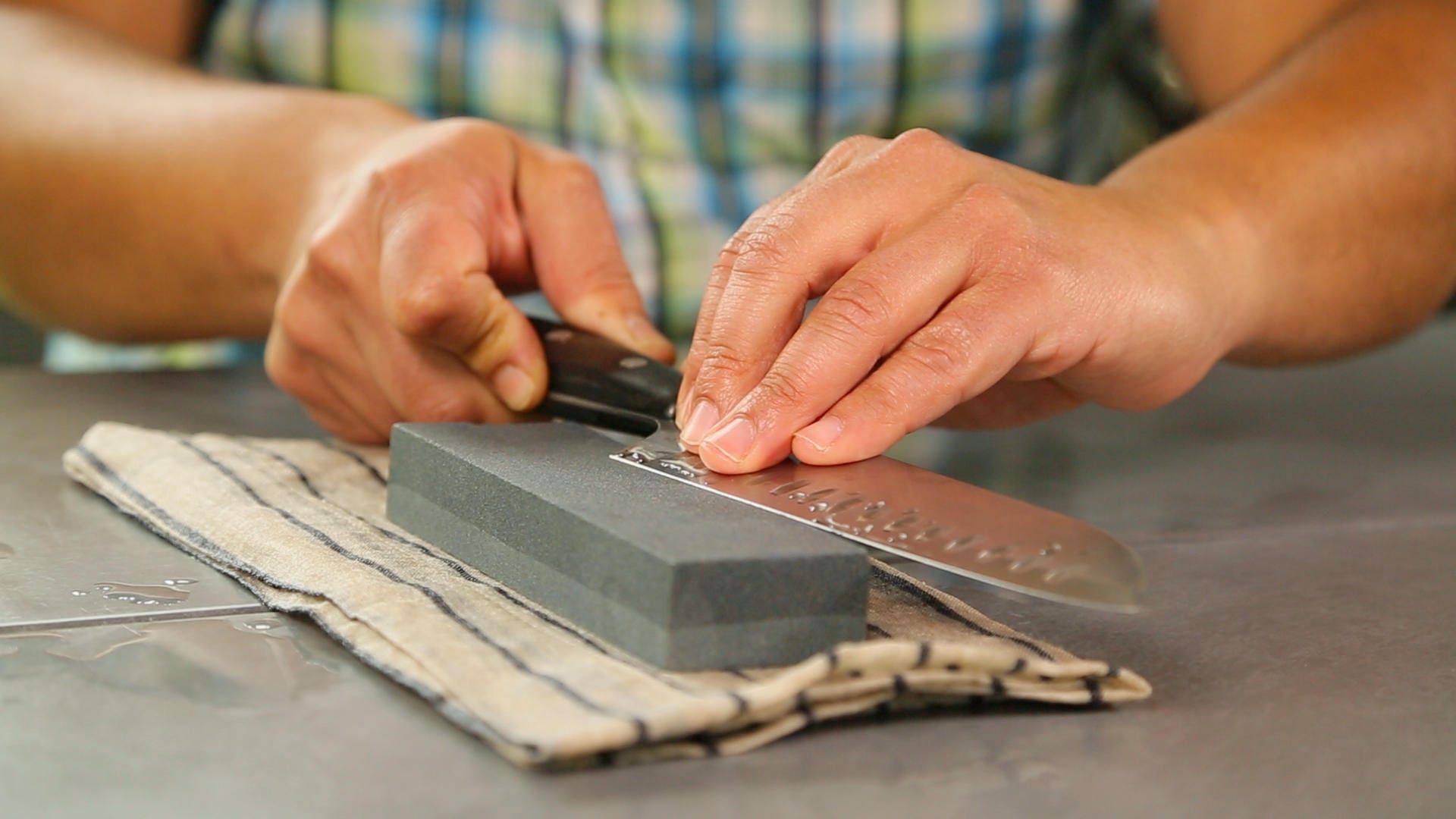
Credit: www.cnet.com
Proper Cleaning And Drying Techniques
Properly cleaning and drying your kitchen knife is essential to ensure its longevity. Start by using warm soapy water and a sponge to clean the blade. This will help remove any food particles or residues.
Hand washing is highly recommended, as dishwashers can be too harsh and cause damage to the knife. After washing, make sure to dry the knife immediately to prevent the formation of rust or corrosion.
Avoid using harsh abrasives or scrub brushes, as they can scratch the blade’s surface. Additionally, refrain from using acidic or abrasive cleaning agents that can also damage the knife.
Safe And Appropriate Storage Methods
Proper storage methods are crucial for maintaining the longevity of your kitchen knives. **Storing knives in a knife block or magnetic strip** is a recommended option. This keeps the blades protected and prevents accidental cuts. Another option is to use blade guards for added protection, especially when storing knives in drawers. This prevents them from rubbing against other utensils and minimizing the risk of damage. **Avoid storing knives in drawers** without any protection as they can easily get damaged or become dull due to friction with other objects. By utilizing safe and appropriate storage methods, you can ensure that your kitchen knives last for a long time, remaining sharp and ready for use whenever you need them.
The Importance Of Honing And Sharpening
The importance of honing and sharpening cannot be overstated when it comes to maintaining your kitchen knife and ensuring its longevity. Understanding the difference between honing and sharpening is crucial for proper knife maintenance.
Honing is the process of realigning the blade’s edge, ensuring it remains straight and sharp. Regularly using a honing steel to hone your knife will help to maintain its sharpness in between sharpening sessions.
On the other hand, sharpening involves removing material from the blade to create a new sharp edge. This can be done professionally or at home using a sharpening stone. It is important to sharpen your knife when its performance starts to deteriorate, as a dull blade can be dangerous and ineffective.
| Honing | Sharpening |
| Realigns the blade’s edge | Creates a new sharp edge |
| Done regularly with a honing steel | Can be done professionally or at home |
By following these practices and maintaining your kitchen knife properly, you can ensure it lasts for ages, providing you with a reliable tool for all your culinary adventures.
Conclusion
By following these simple guidelines, you can ensure that your kitchen knife maintains its quality and lasts for ages. Regularly cleaning your knife and drying it properly after each use will prevent rust and corrosion. Storing your knife correctly, either in a knife block or using blade guards, will protect it from damage.
Sharpening your knife regularly will ensure its cutting edge remains sharp and effective. Avoiding cutting on hard surfaces and using the correct technique when cutting will prevent your knife from becoming damaged or bent. Lastly, investing in a high-quality knife and taking care of it will ensure that it stands the test of time in your kitchen.
By implementing these maintenance techniques, you can extend the lifespan of your kitchen knife, saving you money and allowing you to enjoy the benefits of a sharp and reliable tool for years to come.

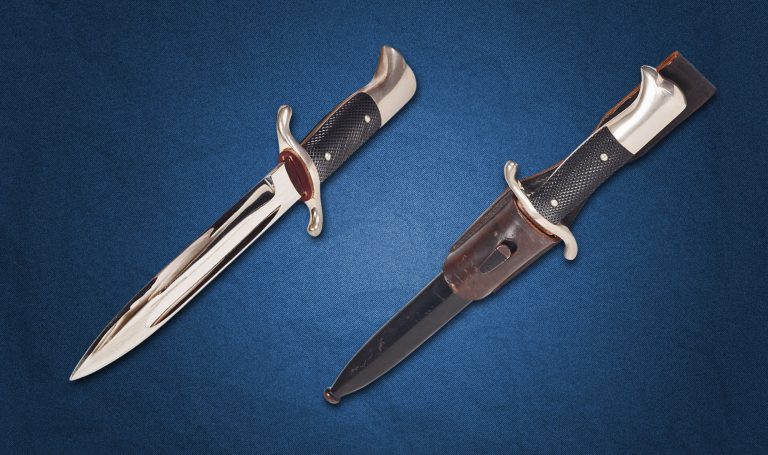
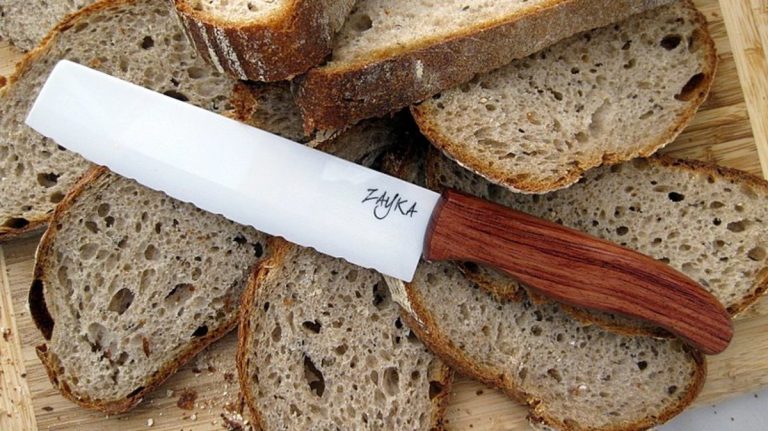
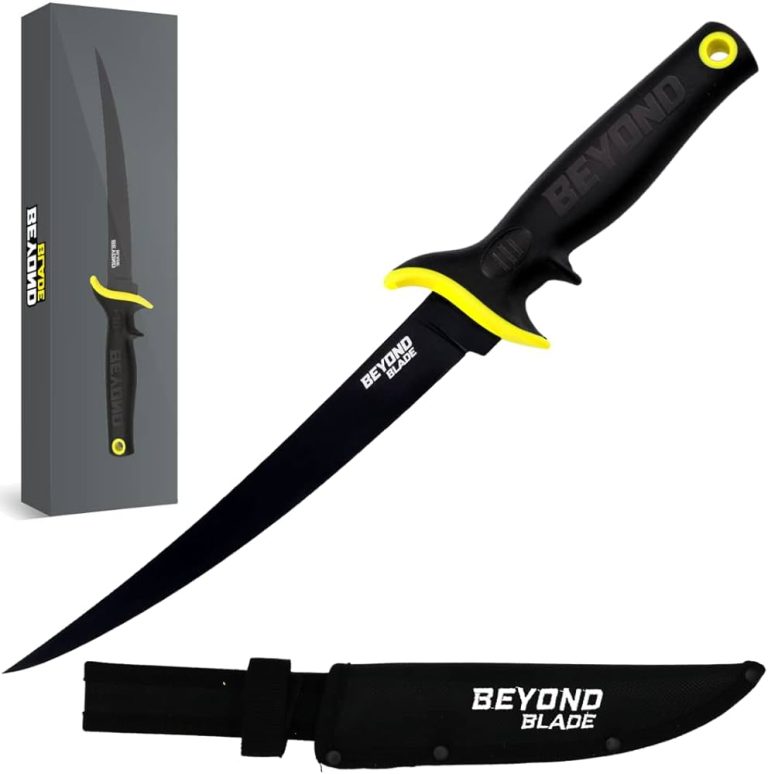
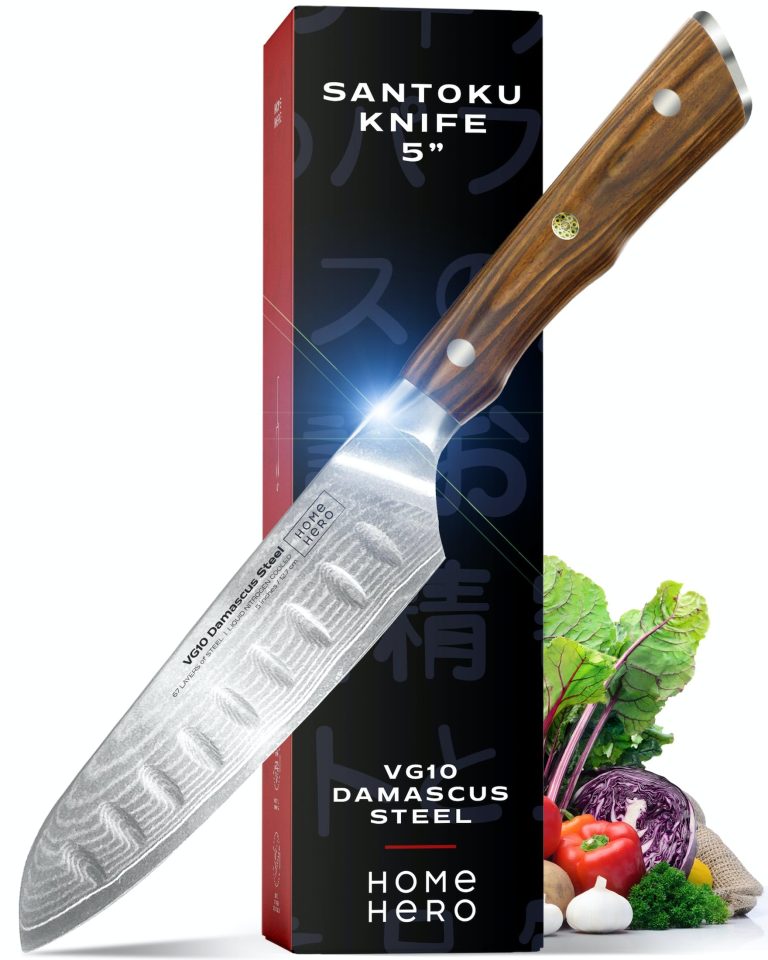
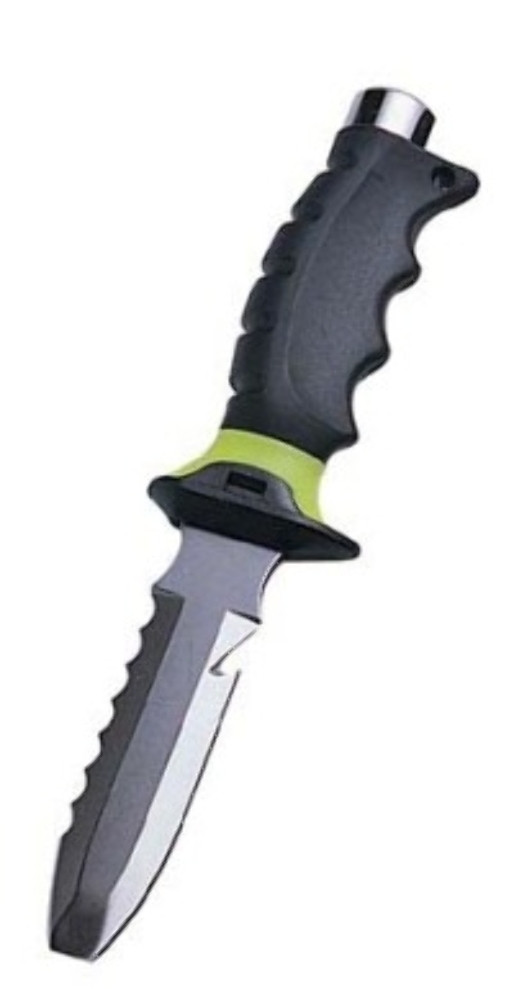
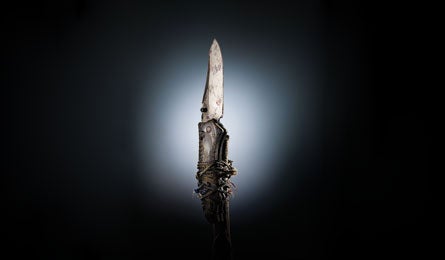
Hi I like this article
Helped me ti maintain my knives correctly.